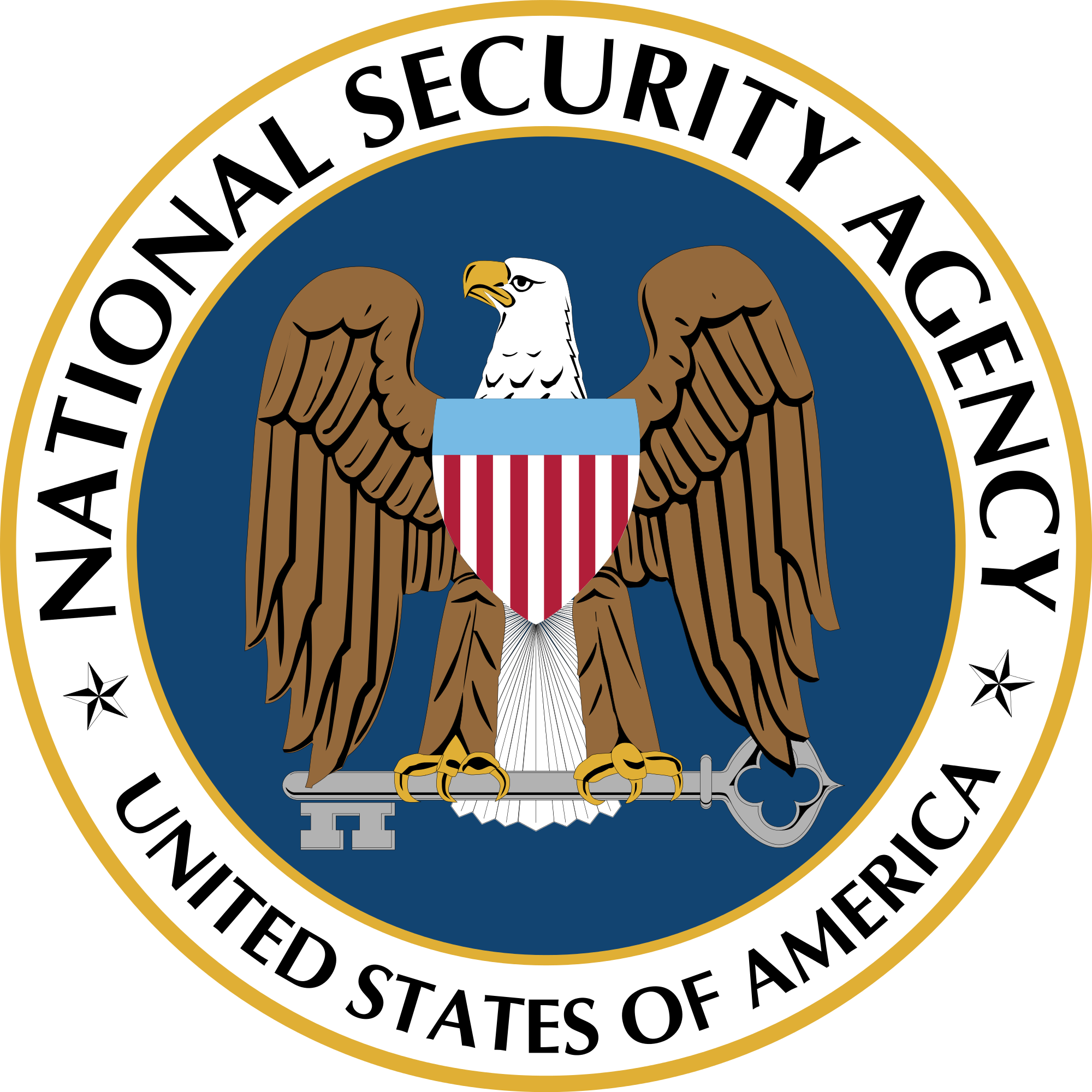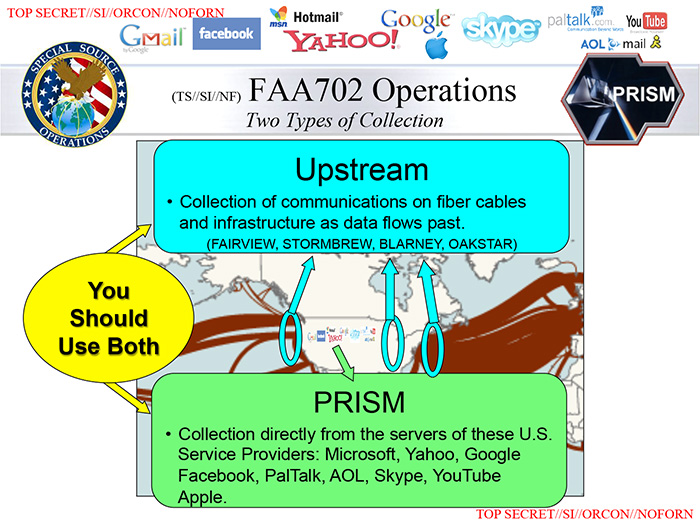Dennis J. BERNSTEIN
A changing-places moment brought about by Russia-gate is that liberals who are usually more skeptical of U.S. intelligence agencies, especially their evidence-free claims, now question the patriotism of Americans who insist that the intelligence community supply proof to support the dangerous claims about Russian ‘hacking” of Democratic emails especially when some veteran U.S. government experts say the data would be easily available if the Russians indeed were guilty.
One of those experts is William Binney, a former high-level National Security Agency intelligence official who, after his 2001 retirement, blew the whistle on the extraordinary breadth of NSA surveillance programs. His outspoken criticism of the NSA during the George W. Bush administration made him the subject of FBI investigations that included a raid on his home in 2007.
Even before Edward Snowden’s NSA whistleblowing, Binney publicly revealed that NSA had access to telecommunications companies’ domestic and international billing records, and that since 9/11 the agency has intercepted some 15 trillion to 20 trillion communications. Snowden has said: “I have tremendous respect for Binney, who did everything he could according to the rules.”

Seal of the National Security Agency
I spoke to Binney on Dec. 28 about Russia-gate and a host of topics having to do with spying and America’s expanding national security state.
Dennis Bernstein: I would like you to begin by telling us a little about your background at the NSA and how you got there.
William Binney: I was in the United States Army from 1965 to 1969. They put me in the Army Security Agency, an affiliate of the NSA. They liked the work I was doing and they put me on a priority hire in 1970. I was in the NSA for 32 years, mostly working against the Soviet Union and the Warsaw Pact. I was solving what were called “wizard puzzles,” and the NSA was sometimes referred to as the “Puzzle Palace.” I had to solve code systems and work on cyber systems and data systems to be able to predict in advance the “intentions and capabilities of adversaries or potential adversaries.”
Bernstein: At a certain point you ran amiss of your supervisors. What did you come to understand and try to tell people that got you in dutch with your higher-ups?
Binney: By 1998-1999, the “digital issue” was basically solved. This created a problem for the upper ranks because at the time they were lobbying Congress for $3.8 billion to continue working on what we had already accomplished. That lobby was started in 1989 for a separate program called Trailblazer, which failed miserably in 2005-2006. We had to brief Congress on how we were progressing and my information ran contrary to the efforts downtown to secure more funding. And so this caused a problem internally.
We learned from some of our staff members in Congress that several of the corporations that were getting contracts from the NSA were downtown lobbying against our program in Congress. This is the military industrial complex in action. That lobby was supported by the NSA management because they just wanted more money to build a bigger empire.
But Dick Cheney, who was behind all of this, wanted it because he grew up under Nixon, who always wanted to know what his political enemies were thinking and doing. This kind of approach of bulk acquisition of everything was possible after you removed certain segments of our software and they used it against the entire digital world. Cheney wanted to know who his political enemies were and get updates about them at any time.
Bernstein: Your expertise was in the Soviet Union and so you must know a lot about bugging. Do you believe that Russia hacked and undermined our last election? Can Trump thank Russia for the result?
Binney: We at Veteran Intelligence Professionals for Sanity (VIPS) published an article on this in July. First of all, if any of the data went anywhere across the fiber optic world, the NSA would know. Just inside the United States, the NSA has over a hundred tap points on the fiber lines, taking in everything. Mark Klein exposed some of this at the AT&T facility in San Francisco.
This is not for foreigners, by the way, this is for targeting US citizens. If they wanted only foreigners, all they would have to do was look at the transatlantic cables where they surface on the coast of the United States. But they are not there, they are distributed among the US population.
Bernstein: So if, in fact, the Russians were tapping into DNC headquarters, the NSA would absolutely know about it.
Binney: Yes, and they would also have trace routes on where they went specifically, in Russia or anywhere else. If you remember, about three or four years ago, the Chinese hacked into somewhere in the United States and our government came out and confirmed that it was the Chinese who did it, and it came from a specific military facility in Shanghai. The NSA had these trace route programs embedded by the hundreds across the US and all around the world.
The other data that came out from Guccifer 2.0, a download from the DNC, has been a charade. It was a download and not a transfer across the Web. The Web won’t manage such a high speed. It could not have gotten across the Atlantic at that high speed. You would have to have high capacity lines dedicated to that in order to do it. They have been playing games with us. There is no factual evidence to back up any charge of hacking here.
Bernstein: So was this a leak by somebody at Democratic headquarters?
Binney: We don’t know that for sure, either. All we know was that it was a local download. We can likely attribute it to a USB device that was physically passed along.
Bernstein: Let me come at this from the other side. Has the United States ever tried to hack into and undermine Russian operations in this way?
Binney: Oh, sure. We do it as much as anybody else. In the Ukraine, for example, we sponsored regime change. When someone who was pro-Soviet was elected president, we orchestrated a coup to put our man in power.
Then we invited the Ukraine into NATO. One of the agreements we made with the Russians when the Soviet Union fell apart was that the Ukraine would give them their nuclear weapons to manage and that we would not move NATO further east toward Russia. I think they made a big mistake when they asked Ukraine to join NATO. They should have asked Russia to join as well, making it all-inclusive. If you treat people as adversaries, they are going to act that way.
Bernstein: Did the US meddle in the Russian elections that brought Yeltsin to power?
Binney: I believe they did. We try to leverage our power and influence elections around the world.
Bernstein: What has your group, Veteran Intelligence Professionals for Sanity, been up to, and what has been the US government’s response?
Binney: We have been discussing privacy and security with the European Union and with a number of European parliaments. Recently the Austrian supreme court ruled that the entire bulk acquisition system was unconstitutional. Everyone but the conservatives in the Austrian parliament voted that bill down, making Austria the first country there to do the right thing.

A slide from material leaked by ex-NSA contractor Edward Snowden to the Washington Post, showing what happens when an NSA analyst “tasks” the PRISM system for information about a new surveillance target
Bernstein: Is it your goal to defend people’s privacy and their right to communicate privately?
Binney: Yes, to defend privacy but also to defend the Constitution. Right now, our government is violating the first, fourth and fifth amendments in various ways. Mueller did it, Comey did it, they were all involved in violating the Constitution.
Back in the 1990’s, the idea was to make our analysts effective so that they could see threats coming before they happened and alert people to take action so that lives would be saved. What happens now is that people go out and kill someone and then the NSA and the FBI go on a forensics mission. Intelligence is supposed to tell you in advance when a crime is coming so that you can do something to avert it. They have lost that perspective.
Bernstein: They now have access to every single one of our electronic conversations, is that right? The human mind has a hard time imagining how you could contain, move and study all that information.
Binney: Basically, it is achievable because most of the processing is done by machine so it doesn’t cost human energy.
Bernstein: There seems to be a new McCarthyite operation around the Russia-gate investigation. It appears that it is an attempt to justify the idea that Clinton lost because the Russians undermined the election.
Binney: I have seen no evidence at all from anybody, including the intelligence community. If you look at the Intelligence Community Assessment (ICA) report, they state on the first page that “We have high confidence that the Russians did this.” But when you get toward the end of the report, they basically confess that “our judgment does not imply that we have evidence to back it up.”
Bernstein: It was initially put out that seventeen intelligence agencies found compelling evidence that the Russians hacked into our election. You’re saying it was actually selected individuals from just three agencies. Is there anything to the revelations that FBI agents talked about taking action to prevent Trump from becoming president?
Binney: It certainly does seem that it is leaning that way, that is was all a frame-up. It is a sad time in our history, to see the government working against itself internally.
Bernstein: I take it you are not a big supporter of Trump.
Binney: Well, I voted for him. I couldn’t vote for a warmonger like Clinton. She wanted to see our planes shooting down Russian planes in Syria. She advocated for destabilizing Libya, for getting rid of Assad in Syria, she was a strong backer of the war in Iraq.
Bernstein: What concerns do you have regarding the Russia-gate investigation and the McCarthyite tactics that are being employed?
Binney: Ultimately, my main concern is that it could lead to actual war with Russia. We should definitely not be going down that path. We need to get out of all these wars. I am also concerned about what we are doing to our own democracy. We are trampling the fundamental principles contained in the Constitution. The only way to reverse all this is to start indicting people who are participating in and managing these activities that are clearly unconstitutional.








